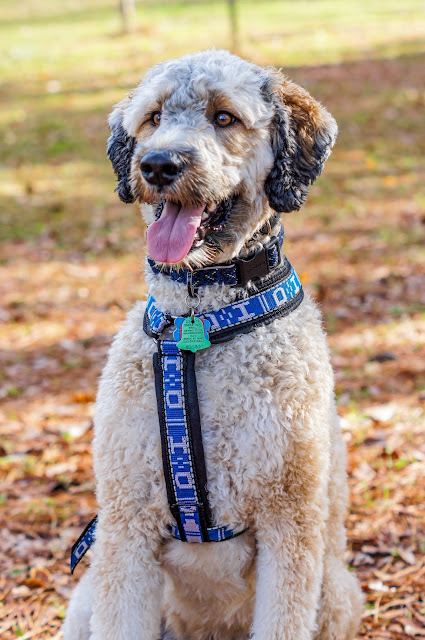
Kennel Cough in Dogs – Symptoms, Treatment & Prevention
-What Is Kennel Cough?
Kennel Cough (also referred to as canine infectious tracheobronchitis) may be a highly contagious respiratory illness. Dogs commonly contract kennel cough at places where large amounts of canines congregate, like boarding and daycare facilities, dog parks, training groups, and dog shows. Dogs can spread it to at least one another through airborne droplets, direct contact (e.g., touching noses), or contaminated surfaces (including water/food bowls). It’s highly treatable in most dogs but is often more severe in puppies younger than six months aged and immunocompromised dogs.
-What are the Symptoms of Kennel Cough?
If your dog is affected with kennel cough, you'll notice one or more of the subsequent symptoms:
- a strong cough, often with a “honking” sound – this is often the foremost obvious symptom
- runny nose
- sneezing
- lethargy
- loss of appetite
- low fever
Although kennel cough is definitely treatable in healthy dogs, Kevin Fitzgerald, DVM, a columnist for AKC Family Dog, explains that it’s important to report a coughing symptom to your veterinarian because it might be a symbol of a more serious disease.
“The distemper virus and canine influenza virus both begin with symptoms nearly just like kennel cough,” he said. Other conditions that will cause coughing include a collapsing trachea, bronchitis, asthma, and even heart condition.
-How Is Kennel Cough Treated?
Typically, mild cases of kennel cough are treated with every week or two of rest, but a veterinarian may prescribe antibiotics to stop a secondary infection and cough medication to ease the symptoms.
“Nebulizers and vaporizers utilizing inhaled antibiotics or bronchodilators are reported to be beneficial but are usually not prescribed,” Dr. Fitzgerald said. Speak to your veterinarian for treatment recommendations. Also, it’s helpful for owners to use a harness instead of a collar to steer a dog with kennel cough because irritation of the tracheal can aggravate the cough and possibly even cause damage to the trachea. If you've got a household with multiple pets and one shows signs of a cough, the likelihood is that all dogs within the home are exposed.
-Can Kennel Cough Be Prevented?
A vaccine is out there for the bordetella bacterium, which is that the commonest agent to cause kennel cough. Dogs who are frequently boarded, visit doggie daycare, compete in canine sports, or otherwise are exposed to large groups of dogs may enjoy the vaccine, and lots of training, boarding, and daycare facilities require proof of vaccination. The vaccine is out there in oral, intranasal, and injectable forms, and counting on the shape, it's usually initially given in two doses two to four weeks apart, followed by a booster every six months to a year.
Although most cases of kennel cough are caused by Bordetella, some are caused by other agents, including the bacteria bordetella bronchiseptica, canine adenovirus type 2, canine adenovirus, canine respiratory coronavirus, and mycoplasmas, therefore the vaccine might not prevent your dog from catching the disease.
If you notice your pet coughing or if you propose to introduce your dog to large groups of animals, speak together with your veterinarian.






0 comments:
Enregistrer un commentaire